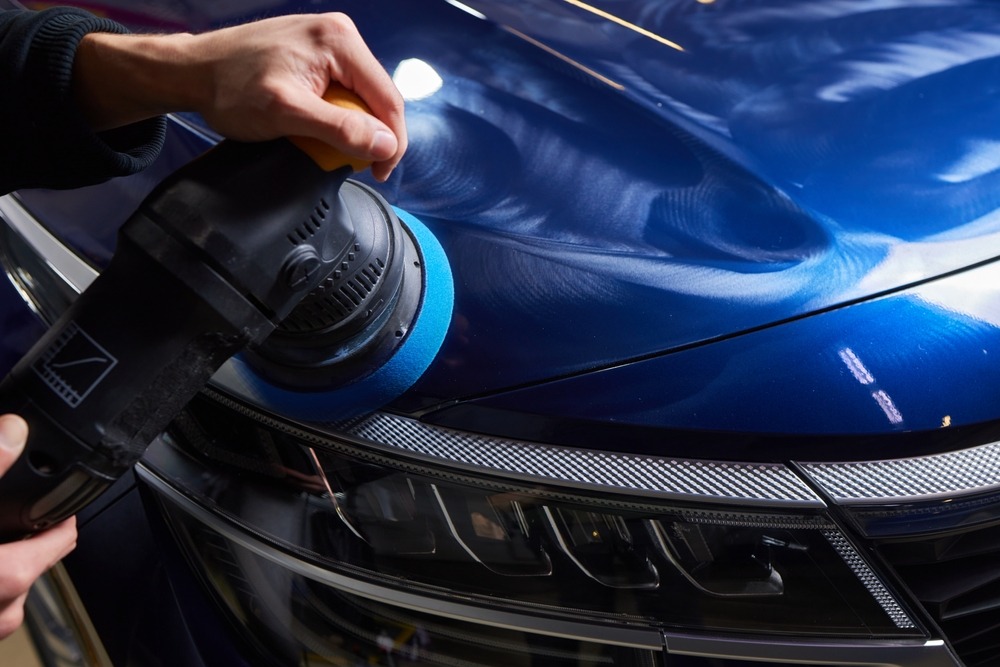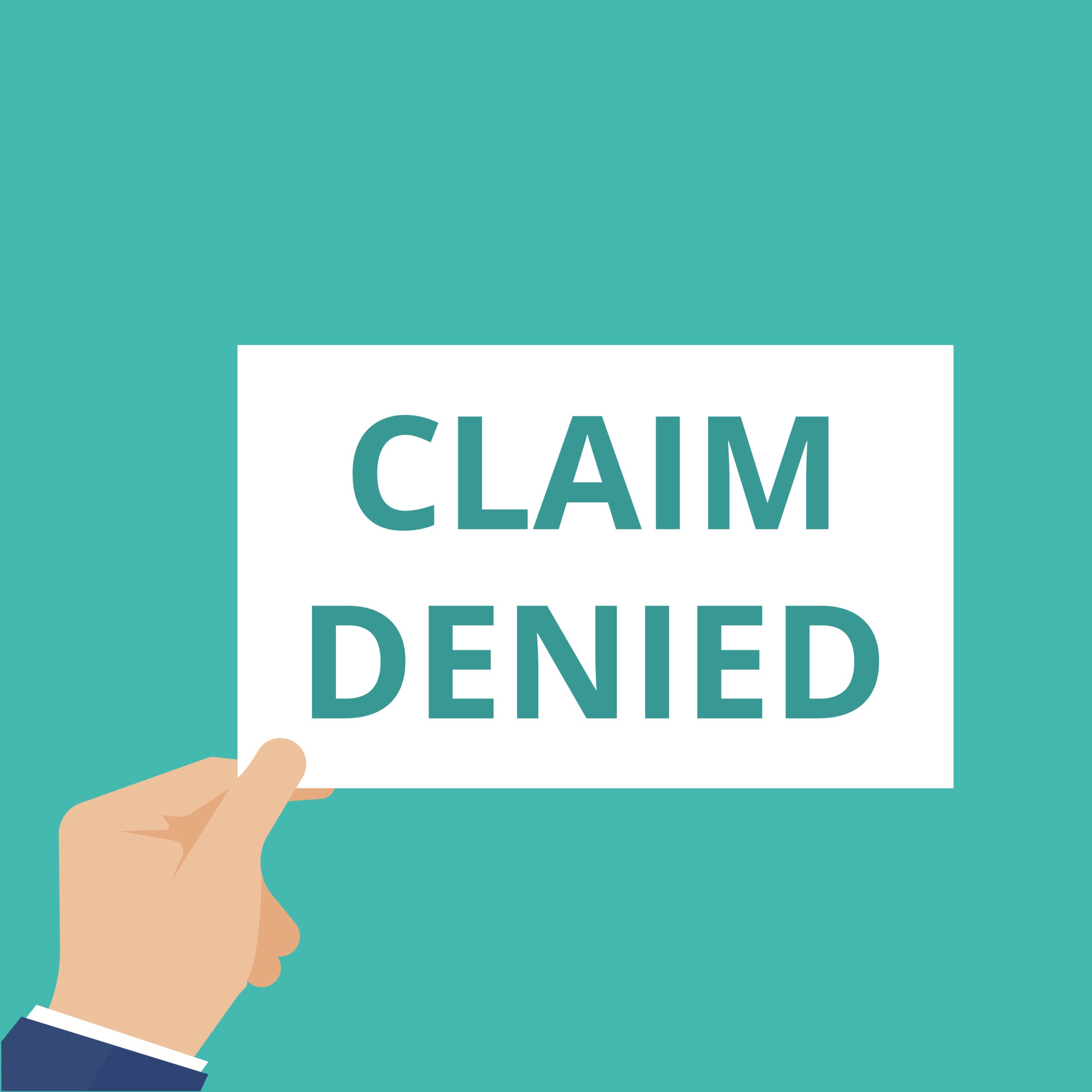![]() Contact Us (866) 499-8989
Contact Us (866) 499-8989
What Is the Difference Between GAP, Liability, Collision, and Comprehensive Car Insurance?
- What do Different Types of Car Insurance Coverage Do?
- Comprehensive and Collision Insurance
- Gap Insurance Coverage
- Liability Insurance Coverage
- Limits of Liability Insurance Coverage
- If You Have Questions About Your Insurance Coverage, a Lawyer Can Help
- Home
- FAQs
- Insurance
- What Is the Difference Between GAP, Liability, Collision, and Comprehensive Car Insurance?
It might be difficult to navigate the maze of insurance policies on the market and pick the one that’s best for you and your loved ones. Some types of auto insurance, such as collision, comprehensive, liability, and gap, will cover repairs to your automobile if it is stolen or damaged.
If someone else accuses you of causing an accident for which they are suing you for compensation, other types of coverage are used to deal with those damages. You can choose from a wide variety of automobile insurance plans, each tailored to cover a certain set of risks.
Basically, auto insurance policies fall into one of three categories: liability, collision, comprehensive, and gap. Liability insurance pays for other people’s damages, while collision/comprehensive and gap pay for your vehicle. Here is more information about the difference between gap, liability, comprehensive, and collision.
What do Different Types of Car Insurance Coverage Do?
To legally operate a motor vehicle in any state in the USA, motorists must either carry auto insurance or be able to prove they can pay for damages out of pocket in the event of an accident.
You’ll probably need to be familiar with the typical forms of coverage offered on a vehicle insurance policy if you’re buying a new vehicle or looking for auto insurance. However, some types of coverage can be confusing.
It’s important to know the difference between GAP, liability, collision, and comprehensive types of coverage so you can make the best choice for your needs.
For a free legal consultation, call (866) 499-8989
Comprehensive and Collision Insurance
After colliding with another car or object, collision coverage assists in covering the cost of damage to your own car. Separate from collision insurance, comprehensive coverage guards your vehicle against hazards including falling objects, theft, and vandalism.
As part of full coverage auto insurance, collision and comprehensive insurance are frequently combined to safeguard a vehicle from the majority of types of damage. A fire, a natural disaster, vandalism, or any other event other than a collision are all covered by comprehensive insurance.
When you hit another vehicle, a stationary object like a pole or wall, or a traffic hazard like a barrier, collision insurance pays for repairs to your own car. Depending on the value of your vehicle, this type of insurance can be expensive but may be worth the investment.
Gap Insurance Coverage
Some companies refer to gap insurance as loan lease gap coverage. When a car is stolen or damaged so badly that the repairs would cost more than the car is worth, gap insurance, an optional form of auto insurance, can help.
You can only get this kind of coverage if you were the first person to take out a loan or lease on a new car. Gap insurance bridges the difference between your car’s value at depreciation and the balance that is still due. The purpose of gap insurance is to supplement collision or comprehensive insurance.
Why You May Want to Consider Gap Coverage for Your Vehicle
If you had a claim that was covered by collision or comprehensive coverage, your insurance would help pay for repairs or replacements up to the car’s depreciated value. But what if your loan or lease balance is still higher than the amount the car is worth? Gap insurance could be useful in this situation.
When your automobile is stolen or damaged, gap insurance coverage can be applicable if you’re underwater on your loan—that is, if you owe more than the car is worth. When fixing the car would cost more than the car is worth, we say it’s “totaled.”
The decision of your insurance and state regulations will determine whether a vehicle is classified as a total loss. In both of these cases, gap insurance could save you from making unnecessary and expensive car payments.
Click to contact our personal injury lawyers today
Liability Insurance Coverage
Both bodily injury and property damage liability insurance are types of liability insurance. Here is how each of them works:
Bodily Injury
If you are determined to be at fault in an accident, bodily injury helps cover the injured person’s medical costs. If you are sued, it might also assist with legal expenses.
Property Damage
If you damage someone else’s property, this coverage assists with the cost of repairs. For instance, if you rear-end another car, it may help cover the costs of the auto repair shop so that you are not responsible for the entire price.
Complete a Free Case Evaluation form now
Limits of Liability Insurance Coverage
When filing a liability insurance claim, the amount your insurer will pay is capped by the coverage limits you choose.
Your auto insurance contract may list the following three liability coverage limits:
Property Damage Liability Cap
That’s the most your insurer will pay to fix someone else’s damaged property if you’re at fault. The amount that is paid out will not exceed this cap.
Liability Cap for Bodily Injuries per Person
This is the maximum compensation that will be given to each victim of an accident that you caused.
Liability Cap for Bodily Injury per Instance
This is the total amount that your insurance will cover for all medical costs associated with a single accident where you are at fault. This cap should be set at a level that makes you feel secure, as it may be used to cover the costs of treating several people.
If You Have Questions About Your Insurance Coverage, a Lawyer Can Help
Talking to an insurance agent will help you learn more about the minimum coverage levels and optional policies that meet your needs. Additionally, a personal injury attorney can describe the purpose of each type of insurance, when you could benefit from it, and how to access it if you do.
Car accident losses may have a negative impact on your future. It’s a good idea to get greater protection than just the bare minimum coverage in case certain situations occur. When looking at the difference between liability vs. full coverage, an attorney can help to clarify the value of each.
Attorneys deal with the aftermath of terrible collisions on a daily basis. Car accident lawyers with Zanes Law have in-depth knowledge of the financial damage an injury accident victim can face. We can explain what liability, gap, collision, and comprehensive do and help you to get more comprehensive protection.
Call or text (866) 499-8989 or complete a
Free Case Evaluation form
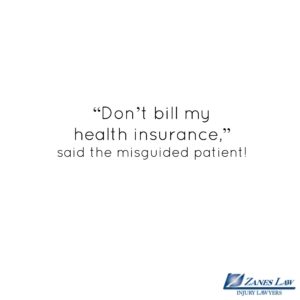 “After an Accident, Should I Bill My Health Insurance?”
“After an Accident, Should I Bill My Health Insurance?”
We get asked this question a lot, “After an accident, should I bill my health insurance?” To answer this question, we're posting Chapter 7 of Doug Zanes’ best-selling personal injury book
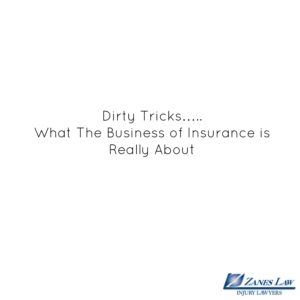 “After an Accident, is the Insurance Company My Friend or My Enemy?”
“After an Accident, is the Insurance Company My Friend or My Enemy?”
We get asked this question a lot, “After an accident, is the insurance company my friend or my enemy?” To answer this question, we're posting Chapter 6 of Doug Zanes’ best selling
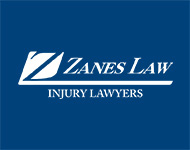 Insurance Talk That Can Help Save You in More Than One Way!
Insurance Talk That Can Help Save You in More Than One Way!
It’s a topic we are always stressing over especially when it comes to our car insurance! Well Zanes Law decided it was time to sit down and talk… Actually we wanted to discuss ALL things
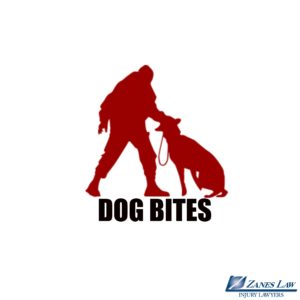 Does Insurance Cover Dog Bites in Arizona? Yes!
Does Insurance Cover Dog Bites in Arizona? Yes!
Does Insurance Cover Dog Bites in Arizona? Yes! Dog bites are more common than you think… and unfortunately they often involve children This was confirmed as a 4-year-old boy was
Receive a Free, No-Obligation, Case Evaluation Now


